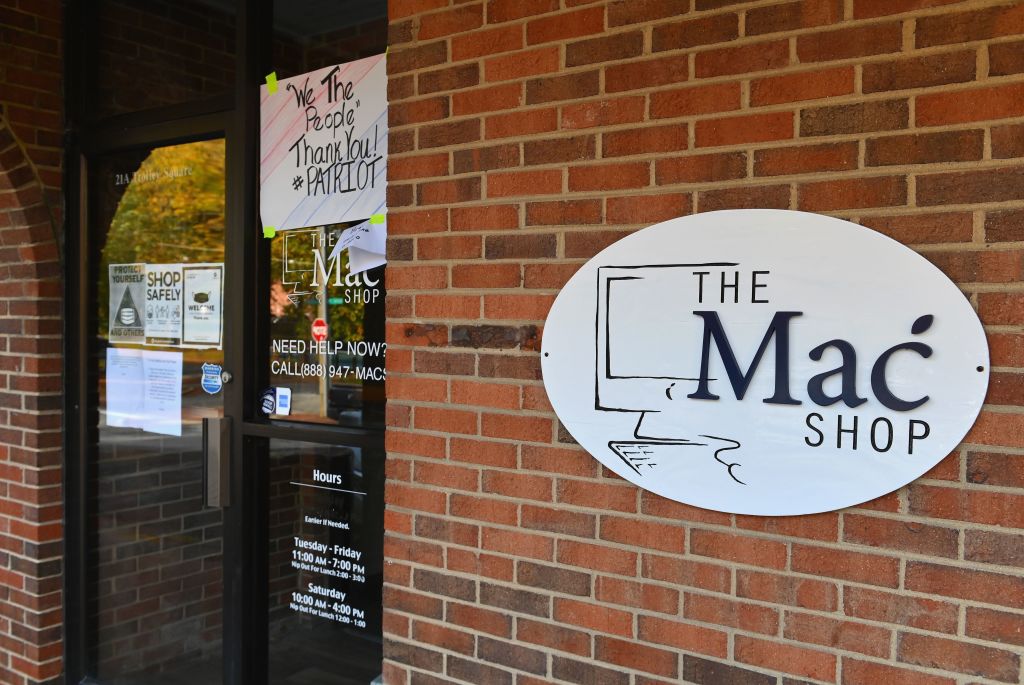It’s been a full week since the New York Post published their first story about Hunter Biden’s laptop, which is currently in FBI possession. The purported contents of the laptop which were released selectively in several news stories by the Post include private emails and photographs. These have yet to be proven as forgeries or inauthentic. Swiftly cable news pundits and liberal-leaning journalists began wondering whether the laptop, the repair service in Delaware, or the source of the leak to the Post were part of a foreign campaign to influence the presidential election. But the DNI, FBI, DOJ and State Department all said there was no evidence to support those theories.
It’s also been a full week since, at the behest of journalists, Twitter and Facebook and their communications officers (many of whom are former Democratic staffers and operatives) locked the New York Post out of their own Twitter account and blocked any linking of the story to prevent its spread. Andy Stone, a former employee of Sen. Barbara Boxer and the DCCC who now holds a comms position at Facebook, tweeted this shortly after the release of the story: ‘While I will intentionally not link to the New York Post, I want be clear that this story is eligible to be fact-checked by Facebook’s third-party fact-checking partners. In the meantime, we are reducing its distribution on our platform.’ [sic]
One week on, neither Stone nor anyone else at Facebook has publicly revealed the results of the fact-check that caused them to limit the exposure of the story. As of now, not a single assertion in the New York Post story has been disputed by verifying news agencies. If a social media platform and publisher is going to set a rule and establish guidelines and a paradigm for that rule, then said social media platform should release the results of their policies, once implemented, in the interest of user transparency. Facebook has not yet done this. Nor has Twitter.
Twitter CEO Jack Dorsey admitted that blindly banning the link to the New York Post story was a mistake. When Twitter users attempted to tweet the Post article, they were prevented from doing so, and given a prompt instead. ‘Your Tweet couldn’t be sent because this link has been identified by Twitter or our partners as being potentially harmful.’ A similar warning was attached to the story in the coming days that declared the link ‘unsafe’ and fell into several categories, one being ‘violent or misleading content that could lead to real world harm’. Neither Dorsey nor anyone else at Twitter has said what specifically in the story was harmful, unsafe, violent or misleading. Once again it seems Twitter has banned a legitimate news story from a mainstream newspaper pending a fact-check, then offered no follow-up on what the results of their fact-check were.
[special_offer]
Currently, the Post is still locked out of its Twitter account until it deletes all links to their own story, Twitter first claimed the article was harmful and misleading, yet a full week later the company has not established what in the story was violent or misleading. Nor has any news agency. Now the question is ‘why is the New York Post still not permitted to post on Twitter?’
Here’s an even more pressing question: are the contents of the laptop authentic or not? If Twitter and Facebook want to play journalist and investigate it for themselves, they are welcome to do so; but if they do, they open themselves up to a world of regulation. Instead they are refusing to contest the assertions of the story. This should be unacceptable to any news organization, but somehow it is. There has been no mainstream effort rallying around the Post in the age where journalists dive into foxholes whenever a mean tweet by the President is sent in their direction.
If Twitter and Facebook want to hire former Democratic operatives as fact-checkers, and then rely on the short-term memory of their user base to not follow up and ask questions, they are of course free to do so. However, that would mean those companies are political actors and publishers, rather than social media platforms. If Twitter and Facebook can’t police their own policies fairly and with transparency, then someone else is going to have to do it for them.


















